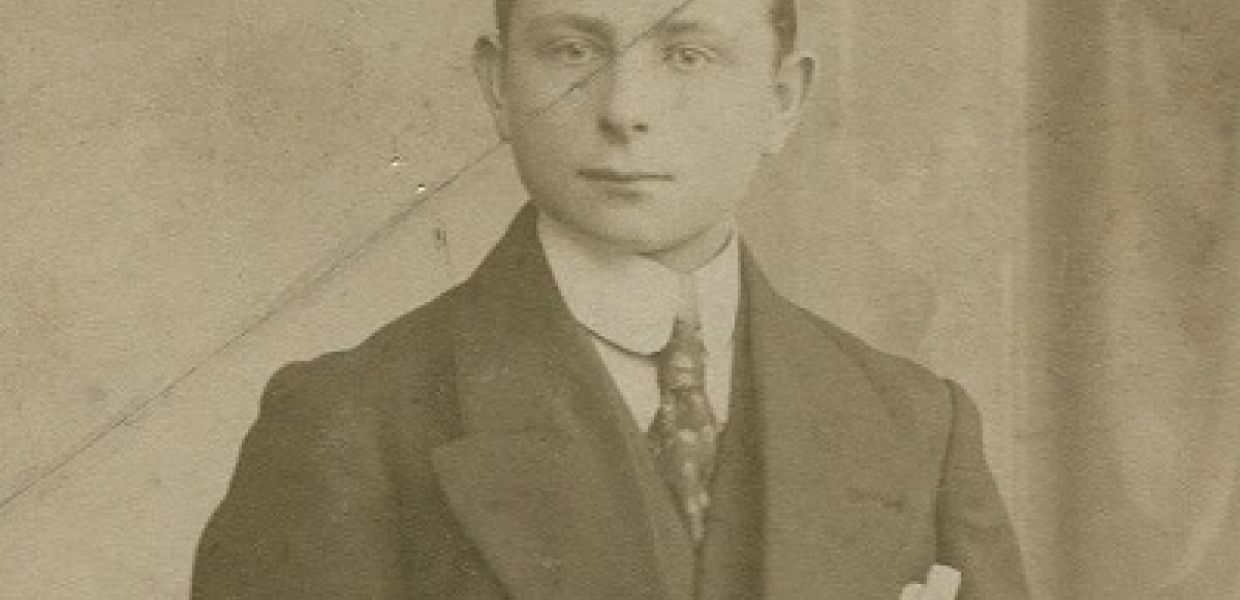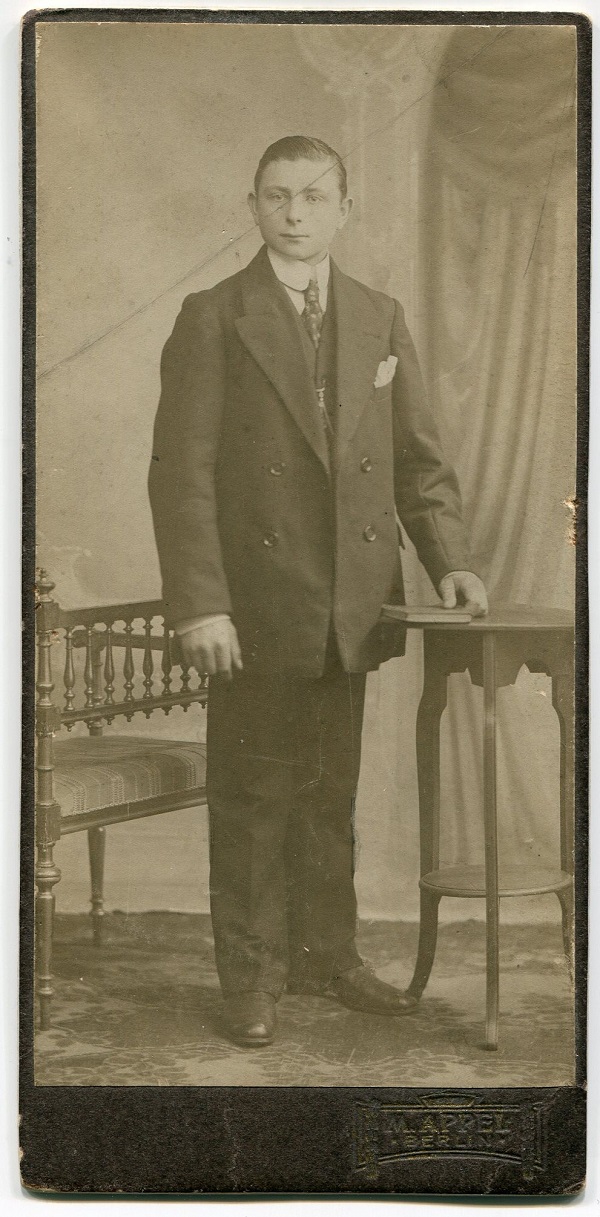A family with no history is not a family at all

“A family with no history is not a family at all.”
On June 3 and 4 we held another edition of the Europeana 1914-1918 roadshow, events where we collect family histories about that daunting era in our history. Since we started in 2011 over 180 of these events have been organised in 24 European countries. A staggering 190, 000 objects have been contributed to be digitized, varying from helmets to diaries and many, many postcards and photographs. This one was not unlike the others. A troupe of volunteer students had gathered at the Poznan Super Computer Center, Poland, home of long time Europeana partner Marcin Werla. They were trained by our collecting day veteran Frank Drauschke in the fine art of collecting and digitizing the artifacts and - at least as important - noting down the sometimes very moving stories. The only difference this time was that I was actually there to be part of something that I had been talking about since 2011 at presentations and press conferences. Reminder to self: talking to ‘real’ people and users is always worth the detour!
The first day unfolded somewhat slowly (most contributors came on the second day) but it gave me the opportunity to follow the process from start to finish very closely. Our first contributor was Ms. Elżbieta Sobiak-Rybarska.
She brought with her a number of personal photographs and postcard that had been in her family’s possession ever since the war. She told her story to two of the students who noted it down (in Polish, see the record here) as follows:

PZ03_002 Photograph of my grandfather Bronisław Sobiak taken in Berlin.
“This is the photograph of my grandfather, Bronisław Sobiak. It is the only souvenir I own connected with the father of my father. During the first world war my grandad was fighting in the Prussian Army and got severely injured in the battle of Verdun. This photo was taken in Berlin in 1916, right after he left the hospital. I remember my grandfather telling me stories from the war and also singing a lot of songs in German. He died in 1976 when I was 15 years old.” What strikes one in this photograph is the small head and body in what seems a totally oversized suit. As if the body belongs to another, much bigger man.
Afterwards we interviewed Mrs .Sobiak separately for a project we are undertaking to understand the impact of the 14-18 collection, to see if it actually makes a difference? We asked her why these images were so important to her. She replied: “A family with no history is not a family at all”. Her grandfather was always weeping while singing the German songs. She said like she was feeling the pain he experienced during the war through him when she heard him. “This is what I want to transmit to future generations. This is why this project is of such crucial importance.”
A video showing Mrs. Sobiak-Rybarska, telling the story of her grandfather who was wounded in Verdun.
That is a lot of responsibility. I left Poznan reinvigorated and with the feeling that collecting people’s stories is as important as digitizing the objects and safeguarding them for the future. How do we make sure future generations can not only read the facts but also understand the emotions behind the metadata? How do we translate the energy that is unleashed when people ‘unload’ their story by expressing them to us in a room, to a compelling online experience? Currently they end up being part of a large corpus of individual narratives but we have yet to uncover the pan-European story that runs through all of them. This will require a lot of work to transcribe and translate the texts. But if we don’t do this we will have failed. A European union without a history is no union at all.
